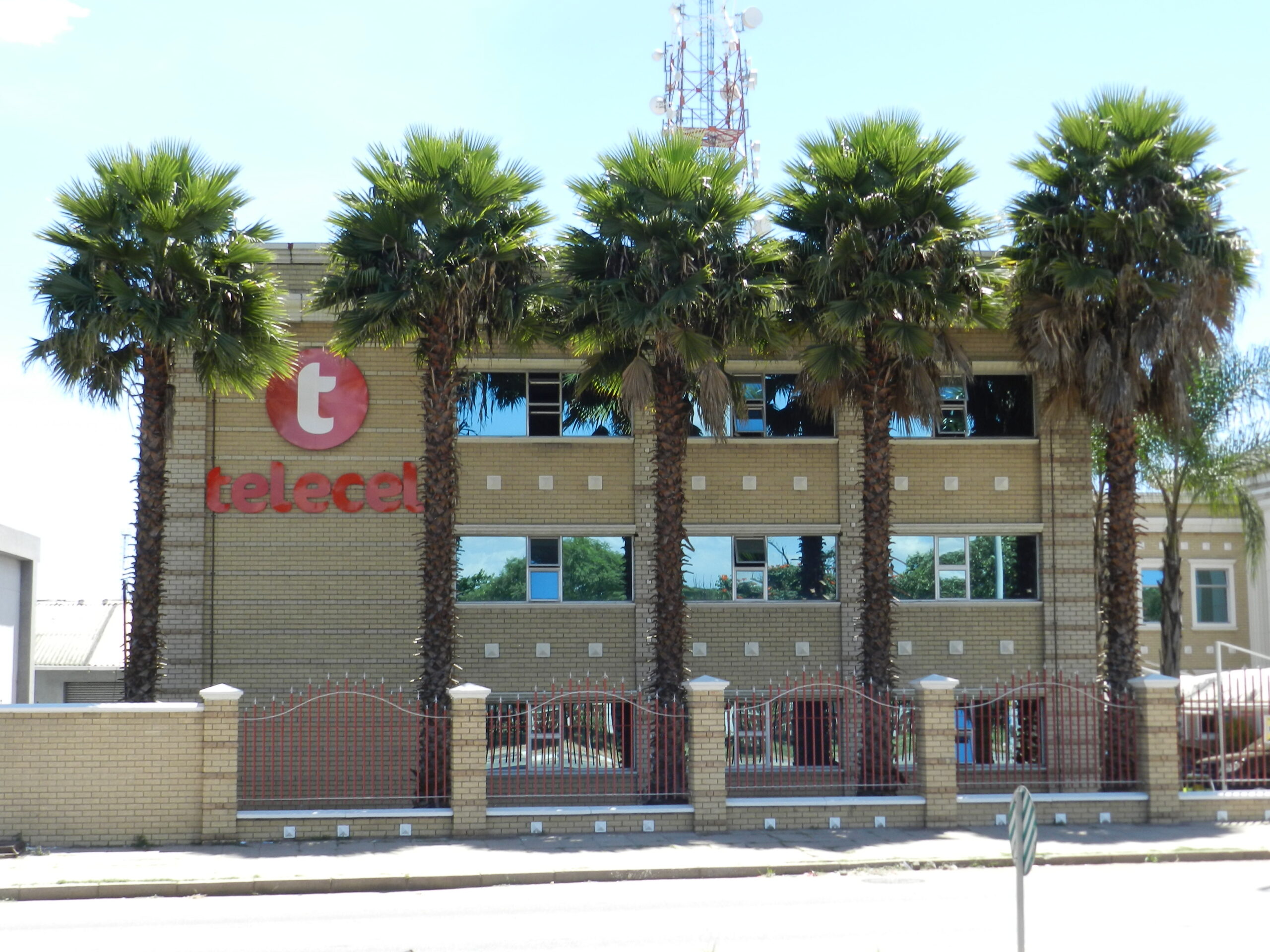Telecel workers under pressure to withdraw court application
A lawyer representing the person who filed an application seeking to put Telecel Zimbabwe under corporate rescue has made sensational claims that his client is being forced to withdraw the case by “people claiming to be representing State interests”.
Advocate Eric Gumbo told Business Weekly in an interview that “my client has been told to withdraw the application or face consequences” because “it is against national interests”.
In the High Court application filed last Monday, David Mhambare, the Communication and Allied Service Workers Union of Zimbabwe secretary general, says Telecel is insolvent and faces liquidation if no rescue action is immediately taken.
Its assets, as of December 31, 2021, were $1,5 billion against total liabilities of $24 billion, pointing to negative equity of $22,5 billion, reads the court application.
“My client has communicated that he was summoned by a person (name supplied) purporting to be representing State interests (location indicated) who told him to withdraw the application by end of the day yesterday (Thursday) because it was against national interests,” said Adv Gumbo.
“I then advised my client to direct any communication to do with the matter to me,” Adv Gumbo added.
“We are yet to ascertain if this person is indeed representing State interests, but all the same, we are not withdrawing the matter and if anyone has substantive issues . . . should wait for court processes and the court determination. Zimbabwe is a democratic country and gives the right to court access to anyone.”
Corporate rescue is done in terms of the Insolvency Act.
It involves, inter alia, temporary supervision, and management of the company by a corporate rescue practitioner, a temporary moratorium (relief) on the rights of creditors against the company, and the development of a plan to rescue the firm.
Mhambare says corporate rescue is ideal in the circumstances as it affords Telecel an opportunity to “rehabilitate, obtain a moratorium from execution of judgments by litigants, develop and implement a sound corporate rescue plan that secures the rights of all creditors and preserve value to the shareholders by ultimately avoiding liquidation of the company, which otherwise has prospects of resuscitation.”
Mhambare says Telecel is in the financial doldrums after accounting for only $2 billion or 2,6 percent of the total revenue of $76 billion for the whole sector last year.
The conditions indicate the existence of a material uncertainty that may cast significant doubt on the company’s ability to continue operating as a going concern,” says Mhambare.
“If the solvency position of Telecel does not receive prime attention, it will inevitably go under liquidation.”
He says with the continuous advancement in technology, telecoms equipment requires constant upgrades. Currently, the global trend is pointing to 5G and there has been increased investment in 4G/LTE in Zimbabwe. “Telecel hasn’t invested adequate resources towards 4G/5G network compared to its competitors and this places it at a competitive disadvantage, yet internet and data will soon overtake voice as the largest revenue contributor for mobile telecoms,” he says.
Workers have not been getting full salaries since January 2022 while benefits such as medical aid have been suspended. In 2015, there were close to 700 permanent employees, but the number has since fallen to about 300, of which most of them are graduate trainees and interns who have limited skills, Mhambare says.
Its financial challenges, which include significantly higher liabilities, have been aggravated by the impact of shareholder disputes which have been ongoing for years.
Telecel is 60 percent owned by Telecel International while 40 percent is owned by Empowerment Corporation (EC), a consortium of indigenous individuals and business groups.
Businesspeople, Dr James Makamba and Dr Jane Mutasa are major shareholders in EC.
Apart from Makamba and Mutasa, some individuals and business groupings claiming to be shareholders, including businessman Dr Phillip Chiyangwa, Zimbabwe Farmers Union, National Miners Association, Indigenous Business Women Organisation and Magamba Echimurenga. Leo Mugabe and Patrick Zhuwao, nephews to the late President Mugabe are also among prominent figures who once declared to be legitimate shareholders in Telecel Zimbabwe.
In 2010, Affirmative Action Group, then led by Supa Mandiwanzira also demanded equity in Empowerment Corporation, claiming that it was entitled to a share.
“The Empowerment Corporation appears to be a consortium whose members could be predominantly individuals and may lack capacity to inject meaningful capital in (Telecel).
“(But) . . . Telecel can be saved from the brink of collapse through placing it under supervision and commencement of corporate rescue proceedings. In order to resuscitate Telecel, it is my respectful estimation that a balance sheet reconstruction would be required through implementation of a scheme of compromise.
“The majority of creditors in numbers could be paid cash while a process of converting debt into equity with foreign creditors could be considered,” says Mhambare.
In April this year, Telecel chairman Selby Hwacha said the company was weighing several “options” to revive the business.
“Telecel is going through extremely difficult times…and we are burning our minds in trying to think what the best strategy is,” he said.-ebusinessweekly










